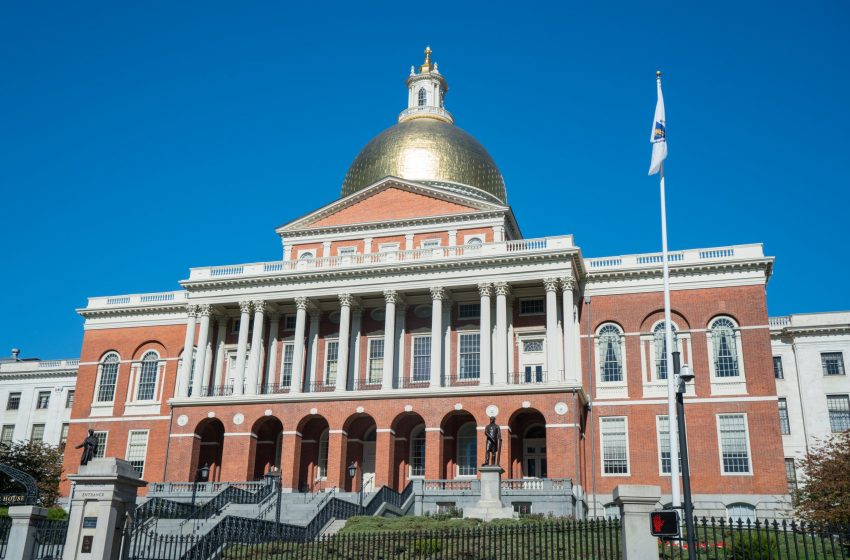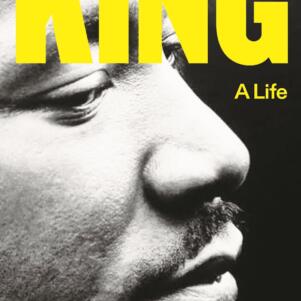What To Make of Tomorrow’s Massachusetts GOP Primary Results … Before They Happen
By Matt McDonald | September 3, 2018, 13:03 EDT

Tuesday, September 4 is the state primary in Massachusetts.
Since it’s the day after Labor Day, conventional wisdom says turnout will be low. A late surge in absentee ballot requests, however, makes some observers wonder if it might go higher than expected.
Below is an analysis of two closely watched statewide Republican primary races, and what various outcomes will mean.
U.S. Senate
The Republican primary features three candidates who don’t disagree sharply on many issues but who have significantly different backgrounds and approaches.
All three oppose illegal immigration, support a border wall, oppose higher taxes, and support President Donald Trump’s U.S. Supreme Court nominee Brett Kavanaugh.
State Representative Geoff Diehl (R-Whitman) has positioned himself as the most conservative, most pro-Trump candidate. Of the three, for instance, he’s the only one who said he’d vote to repeal Obamacare; the other two want to fix it. He has also used the harshest language when criticizing U.S. Senator Elizabeth Warren, the Democratic incumbent, at one point facetiously calling her “the new Communist regime here in the United States” because of her higher-taxes, bigger-government policy proposals.
Businessman John Kingston has emphasized tone over specific policy proposals, calling for what he calls “American solutions” to problems. His philosophy includes limiting government and lowering taxes, but he doesn’t push detailed proposals. His tone in public comments and in ads is affable and moderate, almost professorial. He frequently calls Warren an “extremist,” and emphasizes that he isn’t. Of the three candidates, he has also been the least supportive of President Trump; in 2016 he helped finance a third-party candidate in the general election to try to sink Trump’s chances, and he is the only one of the three who did not commit to voting for Trump’s re-election in 2020.
Beth Lindstrom has offered a middle approach between Diehl’s support for Trump and Kingston’s never-Trump stand in 2016. She says she supports the president’s policies while disagreeing with him on tone, temperament, and his use of Twitter. Lindstrom espouses classic conservative positions on taxes and government spending, wanting less of each. Lindstrom, a former political consultant and secretary of consumer affairs under former Governor Mitt Romney, has attacked Diehl with enthusiasm, claiming Diehl has a tepid commitment to the Republican Party (he voted in Democratic primaries before running for office in 2008) and describing him as a career politician.
Abortion hasn’t come up much during the campaign. Kingston hasn’t declared a position on it, according to a web site that tracks candidate’s positions. Diehl hasn’t talked about it much either, although he has a reputation for being pro-life; he was endorsed by Massachusetts Citizens for Life State Political Action Committee during his re-election bid in 2016. Lindstrom has said she supports Roe v. Wade, the 1973 U.S. Supreme Court decision that legalized abortion everywhere in the United States.
What the Results Will Mean
If Geoff Diehl Wins …
Republican primary voters in Massachusetts are going with the most conservative-sounding, most pro-Trump candidate, and are rejecting more moderate-sounding candidates positioning themselves for a general election in a left-tilting state.
If John Kingston Wins …
Republican primary voters in Massachusetts have decided they like Kingston’s tone and money connections, seeing him as the most viable GOP candidate to take on Warren in the fall. They either don’t care about his distancing himself from Trump or agree with him on it.
If Beth Lindstrom Wins …
Republican primary voters in Massachusetts are buying Lindstrom’s arguments that she can steer an effective course between pro-Trump and anti-Trump and that as a woman she is in the best position of the three to take on Warren. They are also deciding she’s conservative enough for them.
^^^^^^^^^^^^^^^^^^^^^^^^^^^^^^^^
Governor
Governor Charlie Baker is expected to win handily over challenger Scott Lively. The question is: How well will Lively do among Republican voters?
In a comparable situation in 2014, Baker, the establishment candidate, beat conservative Mark Fisher in the GOP primary, 83 to 15 percent. After eight years of Deval Patrick, Republican voters were hungry for a Republican as governor, and they supported Baker in huge numbers either out of conviction or pragmatism.
A strong showing by Lively tomorrow – say, 25 percent or more – will show cracks in Baker’s base and something of a backlash among conservatives, who make up a small portion of the state’s voters but a much larger portion of the state’s Republicans. (Even if that happens, though, Baker is a heavy favorite to win re-election in November.)
Baker, who has governed as a fiscal moderate and social liberal, has alienated many conservatives in the state. But his political calculus is that he can afford to offend a portion of his base in order to try to secure a much larger portion of centrist and even left-leaning Democrats and independents in the general election. As in the past Baker as governor has enthusiastically supported legal and publicly funded abortion, Planned Parenthood, and same-sex marriage. But he surprised some Republicans in June 2016 by signing the so-called Bathroom Bill, which includes gender identity as a protected class in the state’s civil rights law when it comes to public accommodations.
Baker portrays himself and competent and a good manager. On fiscal matters, he has steered a mostly moderate course, occasionally veering left of center. He signed the so-called “grand bargain” bill increasing the state’s minimum wage and establishing paid family and medical leave through a new payroll tax. He also signed a bill increasing car rental fees by $2 to fund more training for police officers.
Lively, a Protestant pastor in Springfield known for his opposition to homosexuality, takes classic conservative positions, supporting lower taxes, smaller government, and gun rights, and opposing abortion, same-sex marriage, pro-transgender affirmation in public schools, and Common Core.
Lively has also allied himself with President Trump, while Baker may be the most anti-Trump Republican governor in the country.
If Charlie Baker Wins Handily …
Republican voters in Massachusetts are satisfied with the growing economy and Baker’s reputation for competence, want four more years of it, and either don’t care about Baker’s left-of-center positions on social issues or agree with them.
If Scott Lively Takes More Than 25 Percent of the Vote …
Republican voters in Massachusetts are sending Charlie Baker a message: You may be better than the Democrats, but we don’t like a lot of the things you’re doing.
If Scott Lively Wins …
Donald Trump’s 2016 win is no longer the biggest upset in memory.











